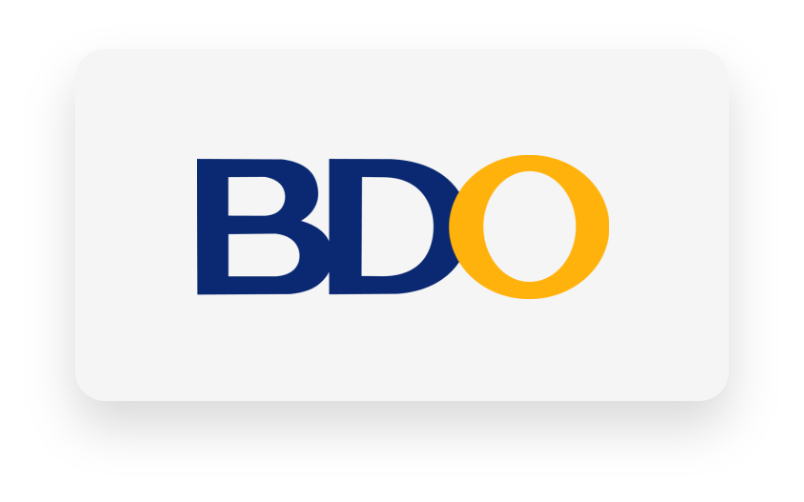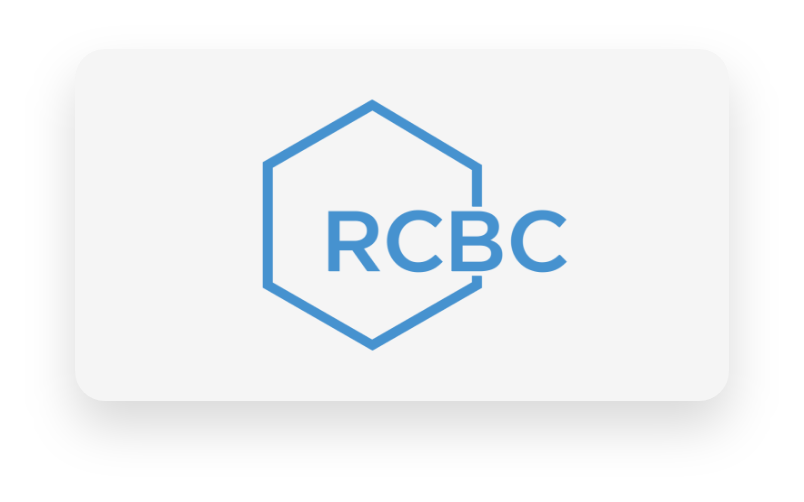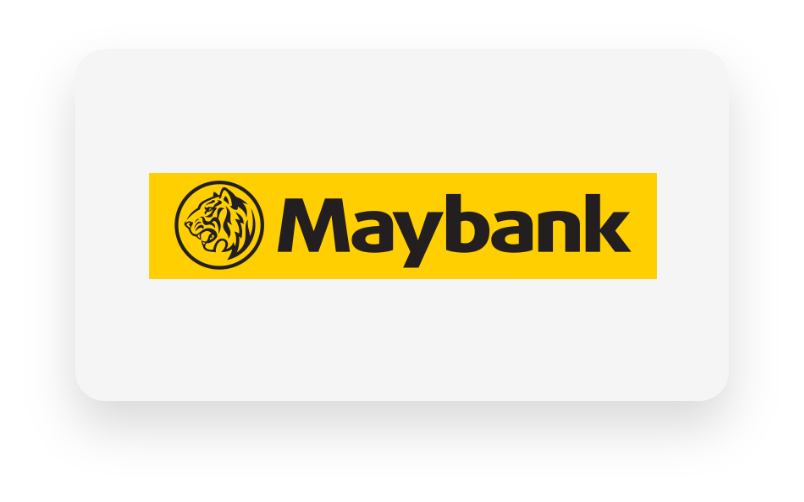Prefer reading over watching? No problem – check out the full video transcription below!
What’s the one decision in home buying that could save you thousands or cost you dearly over the next 20 years? It’s choosing which bank to get your home loan from!
Finding a great bank is not just about low-interest rates. You also want a bank that treats you well and doesn’t hide their fees. So whether you’re buying a house for the first time or have done this before, we’ve got some great information for you.
Ready to make a smart choice that could save you a lot of headaches down the line?
If there’s one thing you can’t ignore when choosing a bank for your home loan, it’s interest rates. Your first question should be, ‘Does this bank offer better rates than others or are they at least competitive?’
A tiny difference in interest rates (even 0.25%) can make a huge difference over the 10 to 20 years you’ll be paying off your loan. So, here are some ways you can shop around and compare rates.
#1 Going Online: The internet is your friend here. Most banks post their home loan rates online, so you can easily compare from the comfort of your home
#2 Visit Branches: If you’re the type who prefers a face-to-face chat, feel free to drop by your local bank branches. Sometimes, speaking directly to a bank rep can give you extra insights that you won’t find online.
#3 Via Estra Finance: And for those of you who want to skip the legwork and get straight to the best deals, we’ve got you covered. At Estra Finance, we sift through all the rates and details for you. We’ll tell you which banks are offering the best interest rates and why they might be a good fit for you. Most importantly, we’ll be able to tell you if you’ll actually get approved for the bank you prefer!
What exactly are fixed and variable rates?
Fixed Rate: When you choose a fixed rate, your interest rate stays the same for a certain period—like one year, five years, or even longer. That means your monthly payments are predictable. You don’t have to worry about them going up or down; they’re locked in.
Variable Rate: With a variable rate, your interest changes, usually every year, based on market conditions. That means your payments can go up or down each year, depending on how interest rates are moving.
So what are the pros and cons of each of these options?
For a Fixed Rate, the upside is stability. You know exactly how much you’ll pay every month, making budgeting easier. But there’s a trade-off: the longer you fix your rate, the higher it’s likely to be. Once your fixed term is over you can usually negotiate with the bank to have another fixed term, however, this is up to the bank and will usually come with a fee. So, you’ll have to decide if that stability is worth a potentially higher rate.
For a Variable Rate, it could save you money if interest rates go down. But remember, it’s a bit of a gamble because your rate can also go up, changing your payments every year.
It’s standard for borrowers to lock in a fixed rate period to begin with before switching to a variable rate, but as the recent pandemic has shown us, rates are unpredictable. Do your research online to see what the market trends are, ask the bank what their rates are expected to jump to over the next few years, and weigh up the costs for yourself.
Do you want to know exactly how much you’re paying, or are you willing to risk it to save some money?
Now, let’s talk about another big factor: how long you borrow your loan for, also known as your loan term.
The longer you take to repay your loan, the more interest you end up paying. And the difference in interest can be huge.
For example, let’s say you borrow 5 million pesos for 20 years at a 6% interest rate. Over that time, you’d pay 3,597,173 pesos in interest.
But if you pay that same loan off in 15 years, you’ll only pay 2,594,711 pesos in interest. That’s a massive 1,002,462 pesos saved just by shortening the loan term!
This goes to show that in some cases, choosing a bank that offers a shorter term, even with a slightly higher interest rate, could save you more money in the long run.
Now, here’s something you might not know: not all banks offer the same loan terms. Some might give you options for 15 to 20 years, whilst others could go up to 25 years or higher. Plus, the terms can also vary depending on whether you’re buying from an accredited developer or going through a non-accredited developer or private seller.
Now, there’s a lot more to consider when getting a home loan, and it’s normal to feel a little overwhelmed. Unfortunately, banks won’t always break down these long-term consequences for you—they’ll just tell you how much you can borrow, for how long, and what your payments will be, but not which option will actually be the best for you.
You might find that a longer term with more manageable monthly payments suits your lifestyle, even if it means shelling out more in interest over time. Or maybe you’re all about saving on interest and can handle bigger monthly payments. That’s up to you to decide.
What’s really important to note here is that the loan term you get approved for is affected by how old you are. Banks usually won’t let you get a loan if you’re going to be older than 65 by the time it’s paid off. So if you’re already 50 years old, it’s likely you won’t get approved for a loan term longer than 15 years. Therefore, the younger you are, the better it is to get a loan.
This might seem obvious, but have you researched whether a bank will actually approve your loan? Different banks have different lending criteria. For instance:
Total Debt Ratios: Some banks cap your total debt ratio at 40%, while others might go up to 60%. So, if you have other loans or debts, this could be a deciding factor for you.
Occupation: Believe it or not, your job can matter. Some banks are cool with virtual assistants and casino workers, while others have restrictions.
Employment Length: On average, you need to be employed for 2 years straight in order to be approved for a long. Depending on your bank, you may need more or less.
Knowing these lending criteria is super important. It helps you figure out which banks are likely to give you the green light, so you don’t waste your time—or worse, your hard-earned money—applying to them.
If you’re in a hurry—maybe you’ve got your eye on a hot property or you just can’t wait to move—then the speed of the lender matters. So, here’s what you should do.
Ask the bank what their average approval time is. Banks usually have a timeframe they can share with you.
Match it with your own timeline. If you have a specific move-in date in mind, or if you have a tight schedule, this could be very important to you. Compare the bank’s estimated approval time with your personal timeline. If they don’t align, you might want to look elsewhere.
If possible, apply early. You don’t want to lose your dream home just because you weren’t organised. You can start hunting for the perfect home loan as early as you want, but if you leave applying to the last minute, you’ll only hurt yourself. Ask your preferred bank when they would prefer you to apply, and ask them how long their approval is valid for – they usually have a bit of wiggle room for you to secure a home.
So basically, getting a clear answer on a bank’s loan approval time could save you a lot of stress later on.
This is referring to the initial amount you pay for the property, usually out of your own income. This can also be referred to as “equity” if you’re buying from a developer, and it’s different to a reservation fee.
So why does your downpayment matter? It plays a huge role in which banks will accept your application.
Affordability: Some banks might be super flexible and only ask for a 10% down payment. But others might require you to shell out 20% upfront. Now, that could be tens of thousands of pesos difference, and it’s money you’ll need available right away. If you can’t manage a high down payment, some banks just won’t be an option for you.
Future Budget and Life Goals: Are you planning to start a family soon? Maybe you’re considering going back to school or launching a business. A hefty down payment could put a serious dent in those plans by tying up a lot of your available funds. So, it’s not just about what you can afford now, but also how this down payment fits into your life for years to come.
Rate matching refers to when you ask a bank to match another bank’s advertised interest rate. If your preferred bank is offering 7% but the best offer on the market is 6%, asking your preferred bank to match this rate can be a great solution to getting everything you want.
But hold on, there’s a catch. There’s usually a limit to how low a bank can go to match another bank’s rates. So don’t expect them to slash their rates in half, but a small percentage point here or there can make a big difference.
You also will require proof that you’ve been approved by this other bank at that interest rate. A bank won’t offer you a new interest rate without any!
It might not be a smart idea to apply for the bank you’ve been with for the last decade if your relationship with them is sour. Specifically, how you’ve managed your credit cards, loans, and even your checking account.
Your history matters. If you’ve been the model customer—always paying off your credit card in full, not overdrawing your account, and definitely not bouncing checks—then your bank’s likely to be your bestie when you apply for a home loan. They might be more lenient on you when it comes to approving your home loan.
But if you’ve had a couple of mistakes like overdrafts or even had a card cancelled, brace yourself. Your bank might just hit the ‘reject’ button on that application, no questions asked.
They also take into consideration your average daily balance, if you currently bank with them. Some banks will actually consider lowering your home loan interest rate if you’ve been keeping a nice, plump daily balance of over 100,000 pesos in a term deposit account.
Let me ask you this—would you represent yourself in court? (Lawyers, you can skip this part!) Probably not, right? Why? Because the stakes are just too high, and you’d want a professional to guide you through it.
We’ll know that when getting a home loan the stakes are also very high as this will most likely be the biggest debt you will get.
That’s why Estra Finance was created. We saw too many homeowners taking on unnecessary financial risks, and we knew it wasn’t just about them—it impacts their families and even future generations.
Here’s the best part: our services are completely free.
Here’s how we help:
If you’d like to get help with your home loan then click here.
Disclaimer: The information provided in this article is for educational and informational purposes only and should not be construed as financial advice. While the strategies discussed have been researched and are presented in good faith, outcomes can vary significantly based on individual circumstances. We recommend consulting with a qualified financial advisor to tailor advice specifically to your financial situation before making any major financial decisions.






Our mission is to deliver outstanding results for you. We strive to get you the best interest rate from our partnered banks, expedite the loan approval process, and increase your chances of approval. With our expert team handling all the work, you can relax and trust us to navigate the complexities, ensuring a stress-free experience.
By comparing the leading banks in the country and using our industry expertise, we find you the best interest rates for your unique situation.
We use our industry knowledge and lender relationships to streamline your loan approval, ensuring a faster, smoother process.
We use our innovative loan strategies to compare banks, evaluate your preferred options, and provide additional guidance
Skip the hassle of visiting multiple banks—we handle everything for you, saving time and effort. Say goodbye to stress and let us do the work.